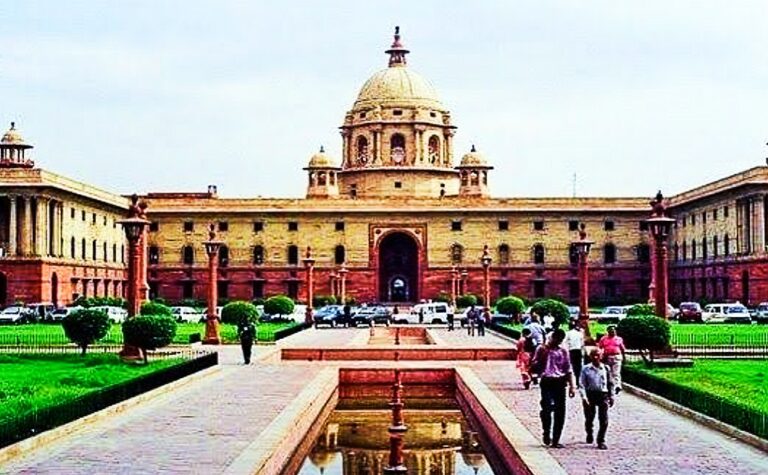The bench concluded that the applicant suffered significant prejudice due to procedural lapses. Consequently, the impugned order was quashed.
Quasi-Judicial Orders: The Allahabad High Court, in the case of Agmotex Fabrics Private Limited vs. State of Uttar Pradesh (W.T. No. 1757/2024), emphasized that quasi-judicial bodies must provide an opportunity for individuals to present their case before imposing any liabilities. The decision revolved around a dispute on Input Tax Credit (ITC), reaffirming the fundamental principle of audi alteram partem (let the other side be heard).
The Division Bench, comprising Justice Shekhar B. Saraf and Justice Vipin Chandra Dixit, ruled that failing to allow a hearing or denying access to relevant documents relied upon by authorities constitutes a violation of natural justice.
Key Observations by the Court
The court held that:
- Documents relied upon by authorities must be shared with the concerned party.
- Non-disclosure of such documents violates natural justice unless proven irrelevant to the order.
- Orders must not be speculative but based on substantive evidence.
Case Background
The applicant’s business operations were investigated on December 27, 2022, revealing alleged misuse of ITC on the purchase of glycerine, fatty acid, and finishing chemicals used in manufacturing. Authorities claimed discrepancies in e-way bill cancellations and issued a notice demanding tax and penalties.
The applicant refuted these claims, asserting that the raw materials were used for fabric manufacturing. Despite their responses and requests for a fair hearing, a final order dated September 12, 2024, was passed under Section 74 of the Goods and Services Tax Act, 2017, imposing penalties. Dissatisfied, the applicant challenged the order in the Allahabad High Court.
Also Read: Orissa High Court Stays GST Notice U.S.74 Consolidating Multiple Assessment Years: Key Details
Applicant’s Arguments
The applicant contended that:
- The raw materials in question were integral to the manufacturing process, not unrelated business activities.
- The authorities failed to consider their responses and evidence, including expert certificates.
- The impugned order was a verbatim copy of their reply, demonstrating a lack of independent evaluation.
Court’s Analysis and Ruling
The court observed:
- The allegations were speculative, lacking substantive proof.
- The authorities failed to verify claims through expert analysis of the manufactured fabrics.
- A personal hearing was not properly facilitated, violating the applicant’s rights.
Citing the principle of audi alteram partem, the court remarked:
“No individual should face penalties or be deprived of rights without a fair opportunity to present their case.”
The judgment highlighted that fair proceedings require transparency, including the provision of relevant documents and a genuine opportunity to dispute allegations.
Precedent and Decision
In line with the doctrine of natural justice, as reiterated in M/s Eastern Machine Bricks and Tiles Industries v. State of U.P., the court underscored that arbitrary decision-making undermines due process. It emphasized the need to address genuine grievances rather than dismissing cases on technical grounds.
The bench concluded that the applicant suffered significant prejudice due to procedural lapses. Consequently, the impugned order was quashed, and the court directed authorities to provide a fresh hearing, ensuring compliance with natural justice principles.
Also Read: Kerala High Court Rules Financial Grants for Daily Operations Exempt from GST
Conclusion
This landmark decision reinforces the constitutional guarantee of fair treatment in quasi-judicial proceedings. The Allahabad High Court’s ruling serves as a reminder that transparency, accountability, and adherence to natural justice are indispensable in fostering equitable administrative processes.
READ MORE
No TDS on Cash Withdrawals by Foreign Representations Effective December 1
PAN 2.0 Project Approved by CCEA: A Milestone in Taxpayer Services Modernisation
